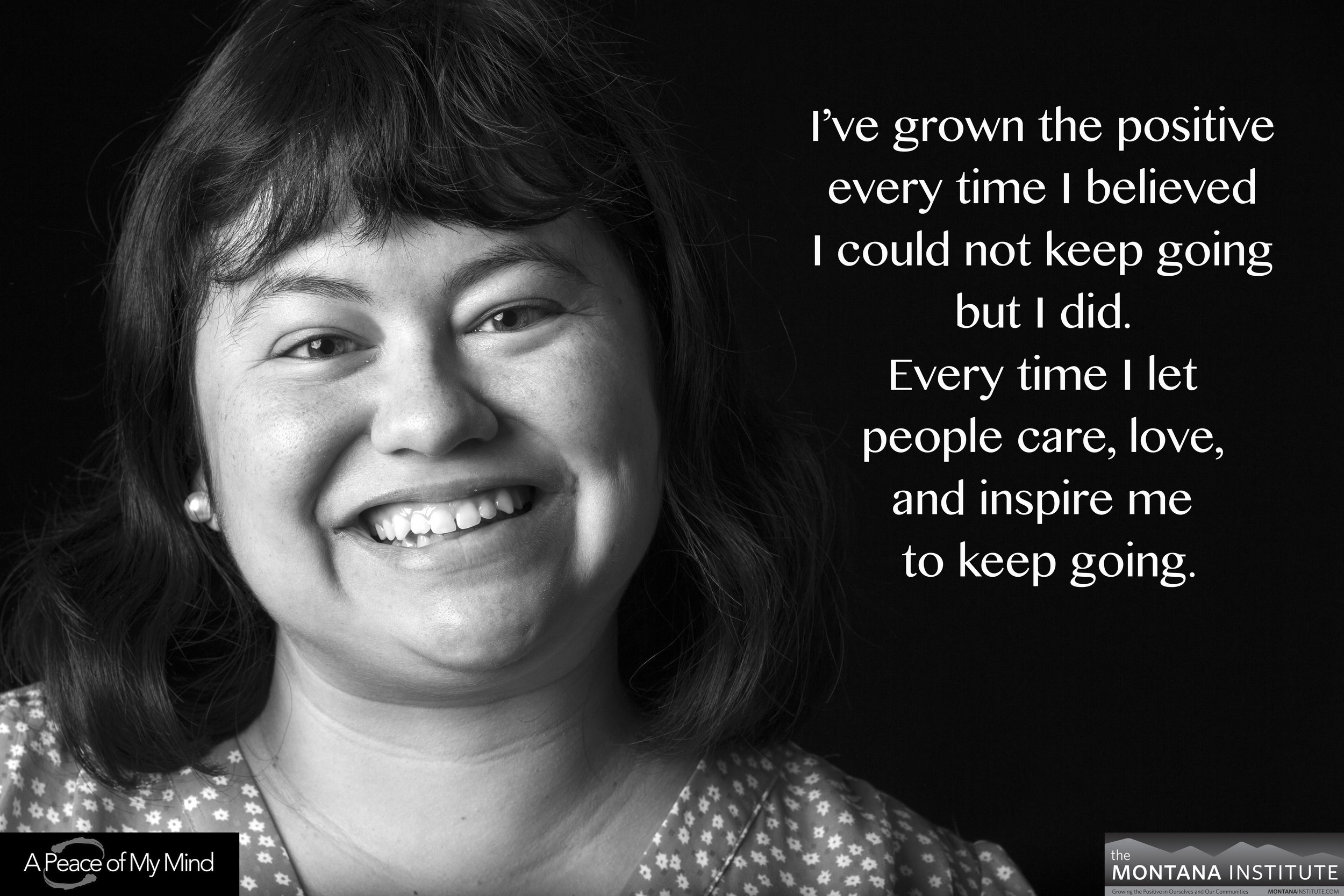The 2020 Summer Institute is on its way, with more choices than ever!
/At this year’s event, we are offering four new ways to extend your learning with our optional Pre-Institute tracks. These will run concurrently on June 22, 2020. The bad news is that you can only choose one!
The first two options may be familiar to you. They are terrific learning experiences that are always extremely popular. But we decided to shake things up a bit for those who are interested in tackling the challenges of social media, or who want to dig deeply into their own personal leadership style and goals. Read on for more information!
Option 1: Sign up for our annual Positive Community Norms Intensive Seminar for a step-by-step deep dive into this proven approach. This day-long event will provide the information and insights you need to get a new campaign up and running or keep an existing effort on track for success. Highly recommended for first-time attendees.
Option 2: If you have taken our intensive seminar in the past, you are invited join our Positive Community Norms Message Development & Social Media Lab. Spend the morning learning to create positive, normative messages that challenge misperceptions and promote behavior change. Devote the afternoon to exploring the promise and pitfalls of sharing campaign messages on Facebook, Instagram, Snapchat, and Twitter. Open to returning attendees who have completed the PCN Intensive Seminar.
Option 3: Back by popular demand! Enroll in our groundbreaking Healthy Outcomes from Positive Experiences (H.O.P.E.) Seminar, and learn how positive childhood experiences can mitigate the impact of Adverse Childhood Experiences (ACEs) on health outcomes, promote resilience, and open new and exciting avenues for promoting health in children and adults. Come prepared to set actionable goals that will help you infuse H.O.P.E. into a variety of programs and strategies.
Option 4: Challenge yourself to expand your leadership capacity in our brand-new workshop: Crafting Your Transformational Leadership Narrative. Get exclusive access to our innovative Science of the Positive Transformational Leadership Assessment and receive a customized Leadership Profile based on your results. Using an innovative mix of individual and group storytelling exercises, you will construct a personal leadership narrative that will help you increase your effectiveness as a community leader and change-maker. Crafting your leadership story will allow you to better visualize, articulate, and manage both personal and community transformation. This new offering promises to be interactive, instrospective, and inspirational.





















